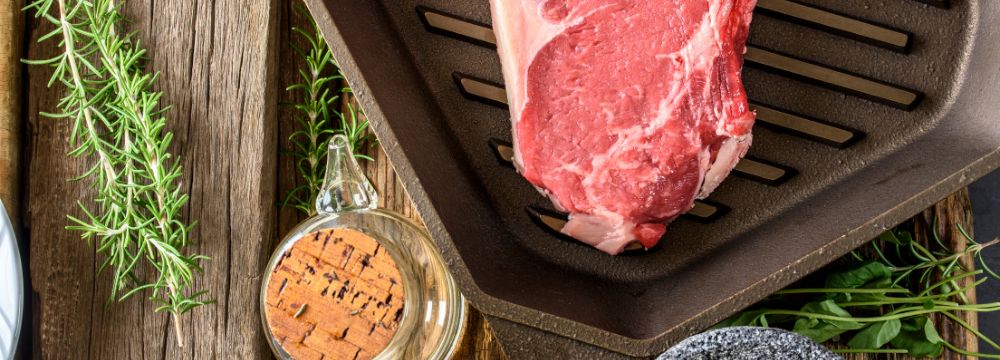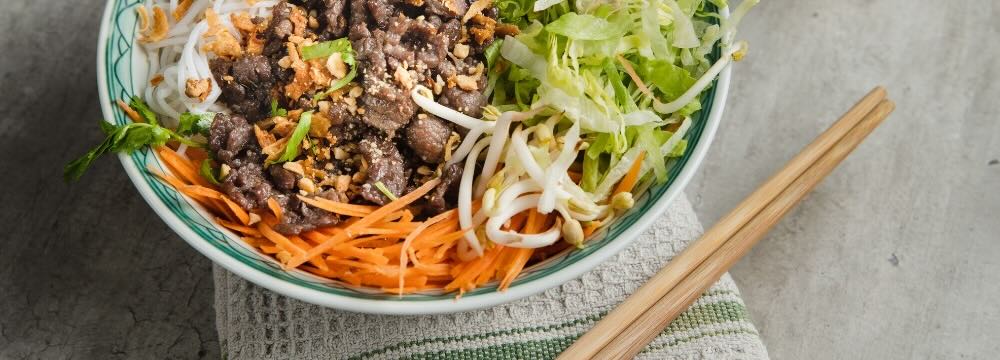After Bariatric Surgery
With excess weight and obesity running rampant in modern-day society and no end or significant improvement in sight, we have become a culture obsessed with dieting and physical health. For many of us, years of living with obesity make it very difficult to lose and keep weight off over the long term. This is why about 90% of patients who follow a diet and exercise program may lose weight but ultimately regain it once their diet and exercise program becomes unsustainable.
Of course, many individuals and companies have pounced on a focus on diet and health as well as the myriad social media influencers to develop new, innovative food products. A beef substitute is a great example, created partly to be sustainable while offering an alternative to red meat. The highest-profile beef substitutes include products from Beyond Beef and Impossible Burger amongst others. But as bariatric surgery patients, or even preop patients waiting for surgery, does it make sense to substitute our beef consumption with these plant-based products?
Moderation, Moderation, Moderation…
The answer is nuanced, but we must start with the overarching theme. Eating in moderation is essential, whether it is any animal byproduct, beef, or a plant-based substitute. Very few foods (think lettuce) can be eaten in quantity with little regard for the consequences, and neither beef nor meat substitutes fall into those categories.
However, while we are well aware of the downsides of beef (especially the fatty kind) there are some less-known drawbacks around beef substitutes. For one, beef substitutes can be similarly high in saturated fat, much like beef. While these fats do not come from animals, a plant-based product without fat would taste downright terrible. As such, these manufacturers add oils and other products to enhance the taste. And another flavor-enhancing part of beef substitutes is sodium. Sodium can cause significant weight gain by not only dehydrating you but also stimulating you’re hungry. The best way to understand more about your options is to compare nutrition for a 4oz patty:
- Beyond Beef: 230 calories, 5g saturated fat, 390mg of sodium, 5g of net carbs, 0 cholesterol
- Impossible Burger: 230 calories, 6g saturated fat, 370mg of sodium, 4g of net carbs, 0 cholesterol
- 80/20 Beef: 284 calories, 9g saturated fat, 75mg of sodium, 0g of net carbs, 80mg cholesterol
- 95/5 Beef: 153 calories, 3g saturated fat, 74mg of sodium, 0g of net carbs, 80mg cholesterol
And for comparison purposes:
- Skinless Chicken Breast: 187 calories, 1g saturated fat, 84mg sodium, 0 net carbs, 96mg cholesterol
So, when we compare these nutritional levels, it becomes clear that, on paper, lean beef wins! But wait, what about dietary cholesterol…isn’t that a high number? Well, yes and no. While some people are sensitive to dietary cholesterol (speak to your heart doctor about this), most do not experience ill effects, and there is reason to believe that dietary cholesterol doesn’t directly affect serum (blood) cholesterol in most healthy people.
So, Should You Be Eating Red Meat?
Before and after bariatric surgery, eating red meat should be a once-in-a-while indulgence rather than a common occurrence. When you eat red meat, opt for less fatty cuts or lower fat content in your ground beef. After surgery, because your stomach will be significantly smaller, you may not be able to tolerate red meat in the same way as you did before. This is a good thing, as the saturated fat in red meat contributes to atherosclerosis, ultimately leading to serious cardiovascular problems.
If you can, it’s best to get your protein from white meats and fish like chicken, turkey, salmon, and more. These are highly nutritious, high in protein, yet low in saturated fat. Drinking your protein with a bariatric-specific shake can also be an option when you’re on the go or cannot get enough protein from your diet alone.
The Bottom Line
So, in the end, beef substitutes are not necessarily better than red meat. If you enjoy the taste or concept behind beef substitutes, you can certainly enjoy them occasionally. However, don’t think that by eating a beef substitute, you will lose a significant amount of weight. Ultimately, moderation and calorie intake will be the primary determinant of your weight loss success. That said, you will have precise instructions from us for your postop diet. These instructions should be followed as they are developed from many years and thousands of patient experiences. If you have any questions or plan on changing your diet, we encourage you to contact us to ensure you enjoy continued success.











